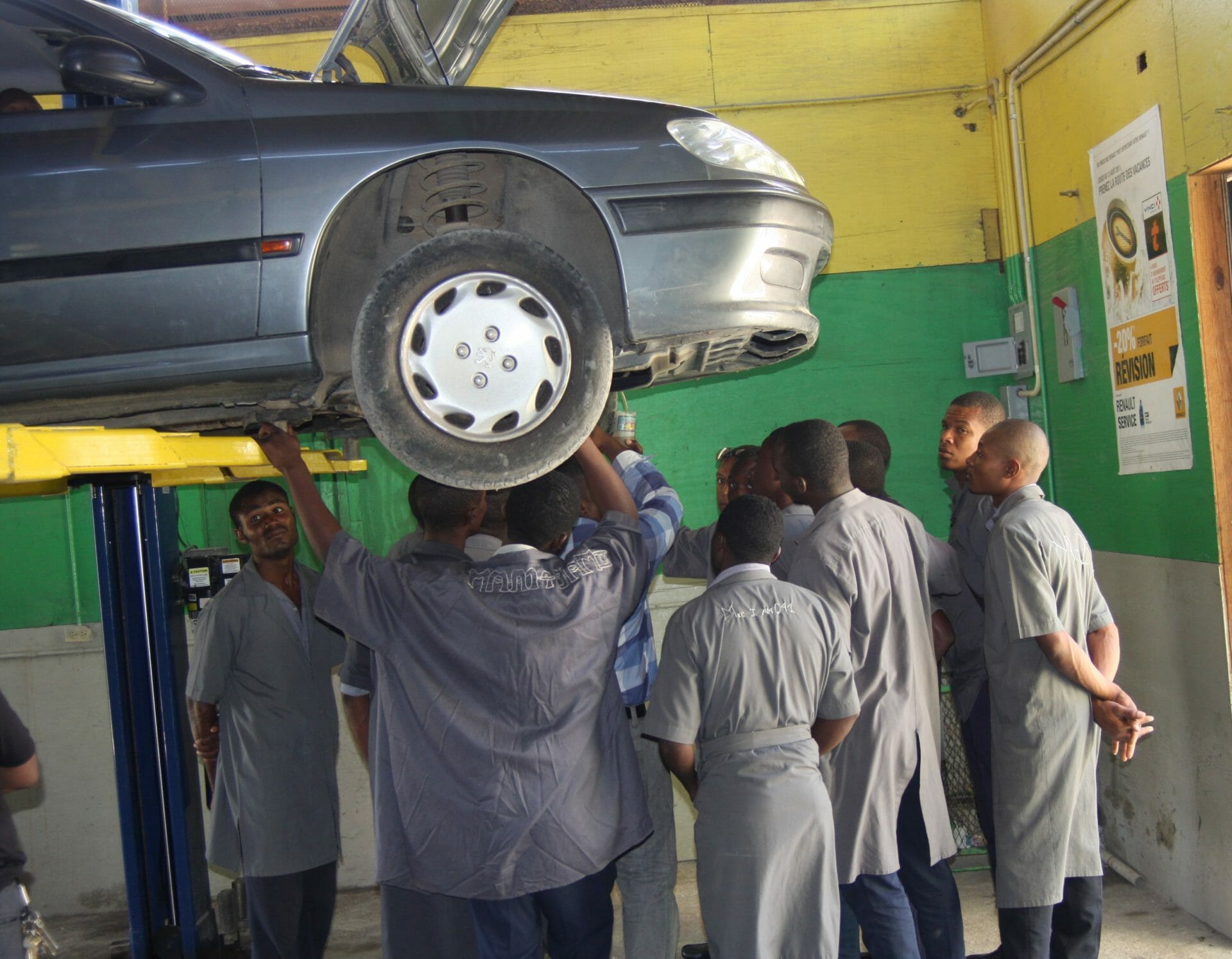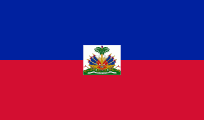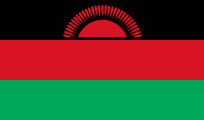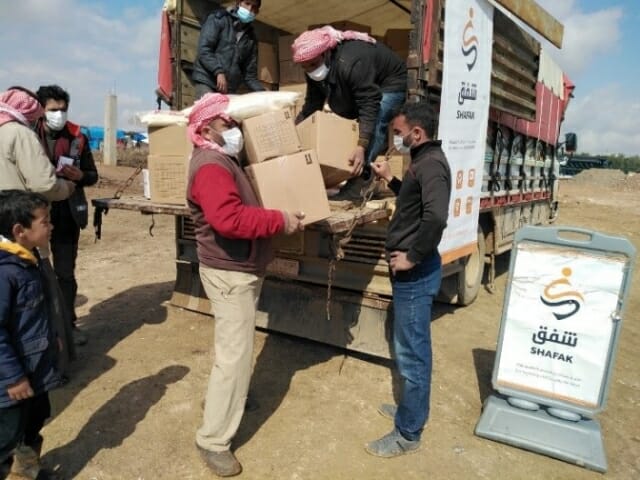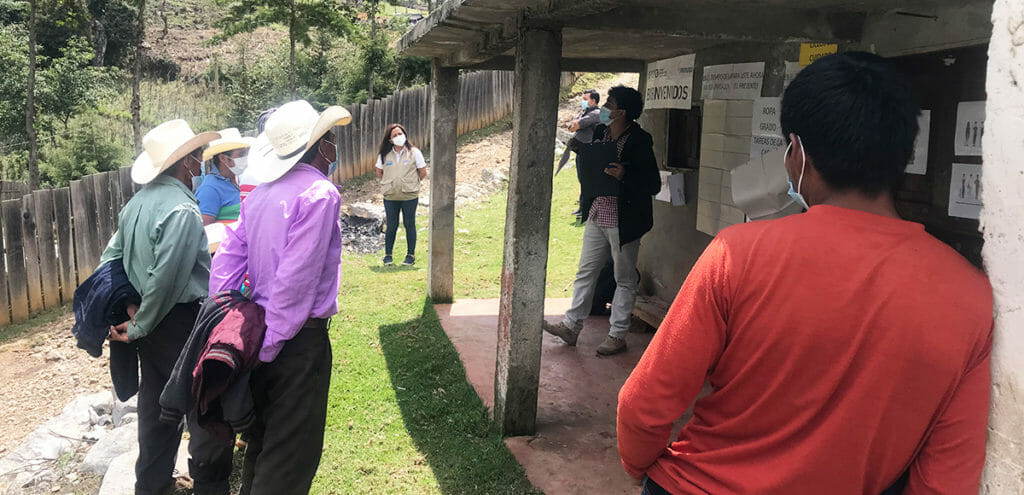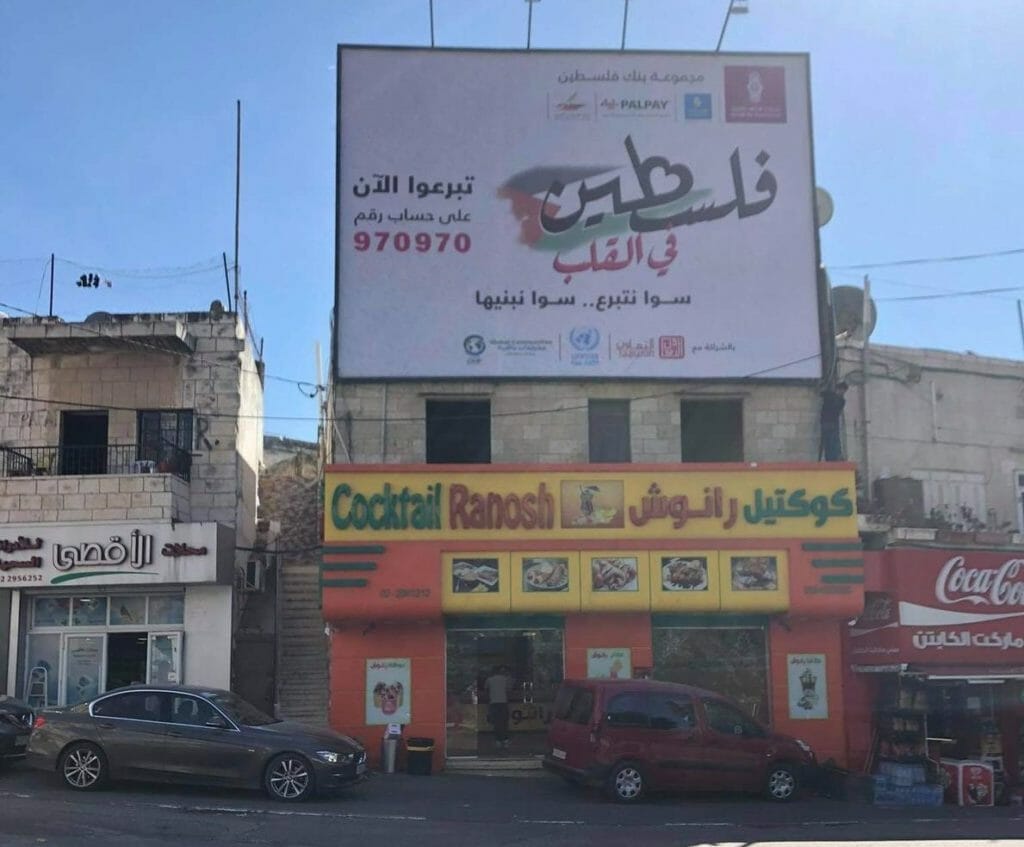Our emergency response programs are designed with a resilience-based approach. From the very beginning of every response, Global Communities and our partner communities focus on preparing for, coping with, adapting to and recovering from natural and man-made shocks and stressors. We put vulnerable populations and communities at the heart of our work and foster strong partnerships with communities to ensure their needs are prioritized and their long-term recovery is supported.

Food Security & Agricultural Livelihoods
Food production and agricultural livelihoods are intrinsically linked to the ability of communities and families to access nutritious food in a humanitarian crisis. Global Communities balances food aid and livelihood promotion, with a focus on sustainable support, aiming to reduce food aid dependency, improve household nutrition and food availability, provide income and transition targeted groups from relief to sustainable livelihoods.
Our programs help re-establish agricultural production following emergencies through essential inputs such as seeds and tools and offer technical assistance on technologies such as urban gardens and rainwater harvesting.
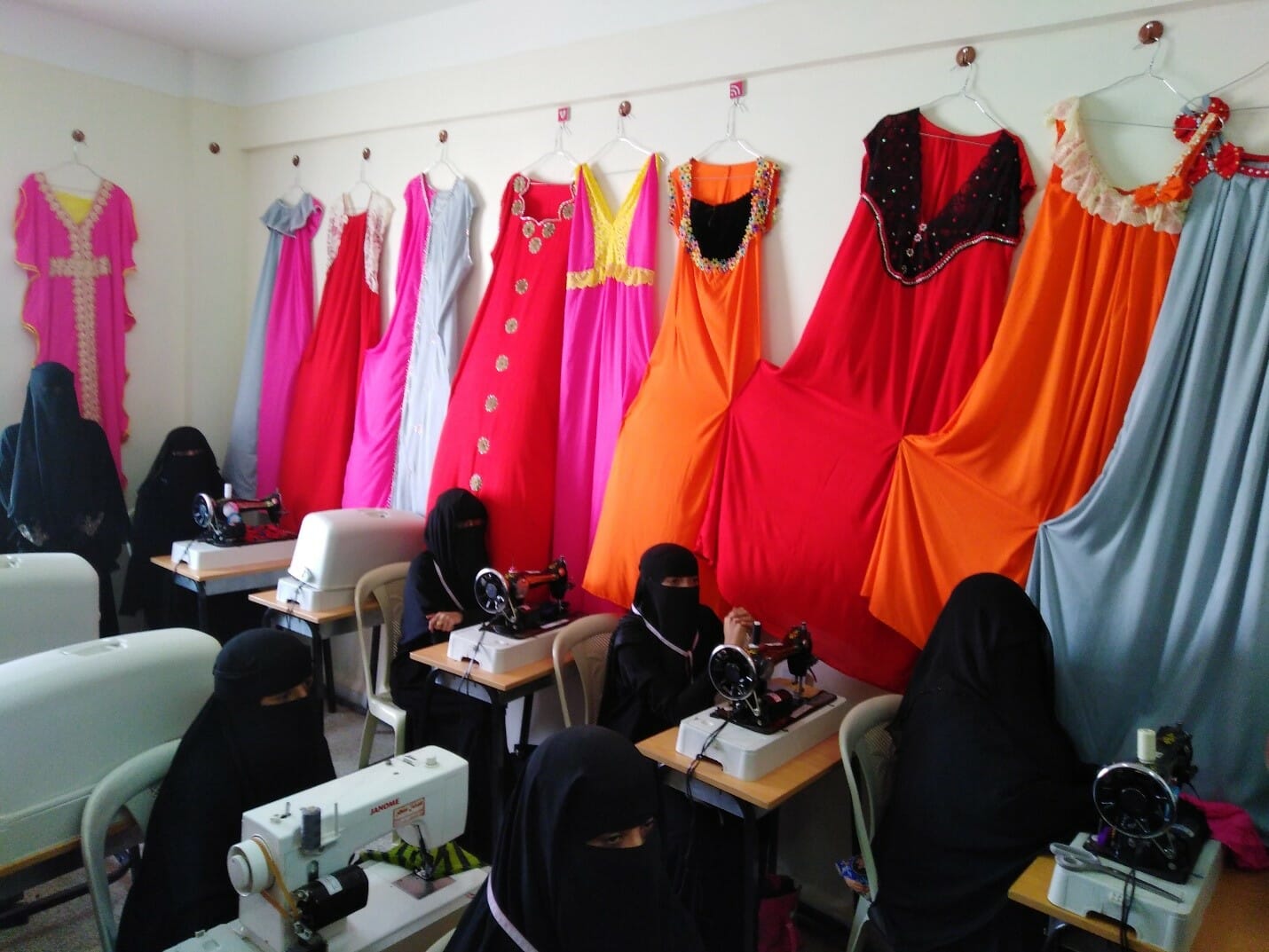
Early Recovery & Market Systems
Our central goal is to build the capacity of communities to direct and improve the development of their own lives and livelihoods. Global Communities’ approach to early recovery is rooted in market-based practices and draws on community engagement methodologies and established local networks of partners to provide context-appropriate support to local communities and vulnerable households.
What we realized was that here was an NGO that had real expertise in providing sanitation and hygiene to primary schools. They also had expertise in encouraging behavior change in the pupils, as well as the teachers, so we decided to contact them and explore a partnership. What we realized is that the expertise we didn’t have, Global Communities had it.
Andrew Quayson
Chairman of Unilever Ghana Foundation
Disaster Risk Reduction & Response
As part of our holistic approach to delivering humanitarian assistance, Global Communities aims to identify ways to mitigate against future risks while delivering urgent, lifesaving assistance, and supporting households’ and communities’ ability to recover from natural and man-made disasters. In urban areas, our disaster risk reduction and response work includes utilizing the Neighborhood Approach to reduce the impact of disasters by improving the conditions of informal settlements, transforming them into safe, healthy and prosperous neighborhoods. In other urban areas and camp settings, we provide infrastructure upgrades to mitigate the risks of flooding and health concerns caused by stagnant water. In rural areas, our disaster risk recovery work is tailored to address the unique risks faced by rural communities. In these areas, our activities may include efforts to mitigate the risks of, and respond to, crop fires that would otherwise create devastating agricultural losses for vulnerable farmers.
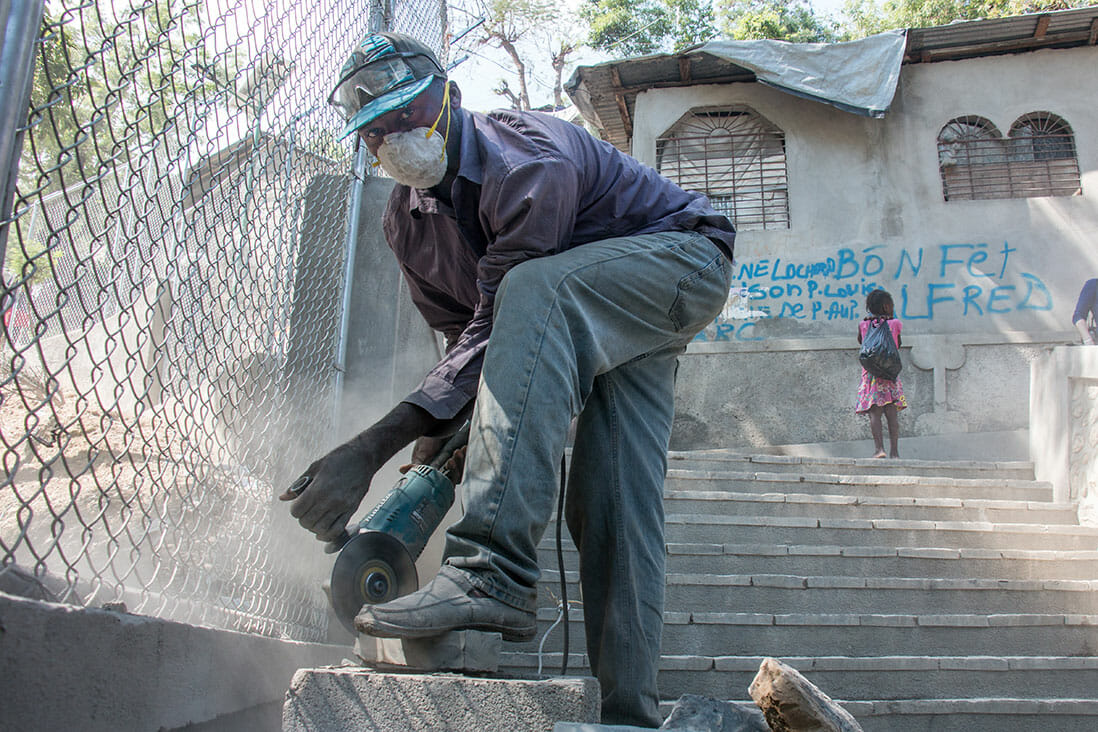
Our Approach
Our resilience-based, community-led methodology addresses immediate, lifesaving needs during an emergency, and enhances the capabilities of individuals, households, communities and systems to prepare for, cope with, adapt to and recover from natural and man-made shocks and stressors. Our focus on resilience during an emergency aims to reduce chronic vulnerability; facilitate inclusive growth with meaningful participation from women, young people and other marginalized groups; and prevent backsliding on development gains. By focusing on issues like food security and safe construction, we empower communities to cope and rebuild when the next disaster comes. We work to link complementary interventions where possible to provide a holistic response and foster sustainable recovery.
83,823
people reached with gender-based violence empowerment, prevention and response services, and survivor-centered case management services
151,190
individuals provided psychosocial support services
2,653
internally displaced parents in Syria who participated in parenting skills classes and programs to prevent family separation
Our work in this area reaches
Resources
Research & Publications
Humanitarian Assistance, Resilience, and Rebuilding: The Long-term Impact of the Neighborhood Approach on Post Earthquake Haiti
Summary of FindingsA Post-Project Sustainability Study of The KATYE Project The January 12, 2010 earthquake in Haiti was the largest natural disaster in the country’s history. Residents were confronted with a tragedy of monumental scale and the daunting task of building back. Among the hundreds of projects implemented in response to the disaster was the…

